This recurrence:
T(n) = sqrt(n) * T(sqrt(n)) + n
It does not appear to be solvable with Master theorem. It also does not appear to be solvable with Akra-Bazzi. Even if I set n = 2^k so that T(2^k) = 2^(k/2) * T(2^(k/2)) + 2^k and then have S(k) = T(2^k) it becomes S(n) = 2^(n/2) * S(n/2) + 2^n but the multiplier is not constant, so changing variables doesn't work either.
I am not sure how to derive the closed form, or the time complexity, of this recurrence, if it had been given to me in an interview. What would you do?

